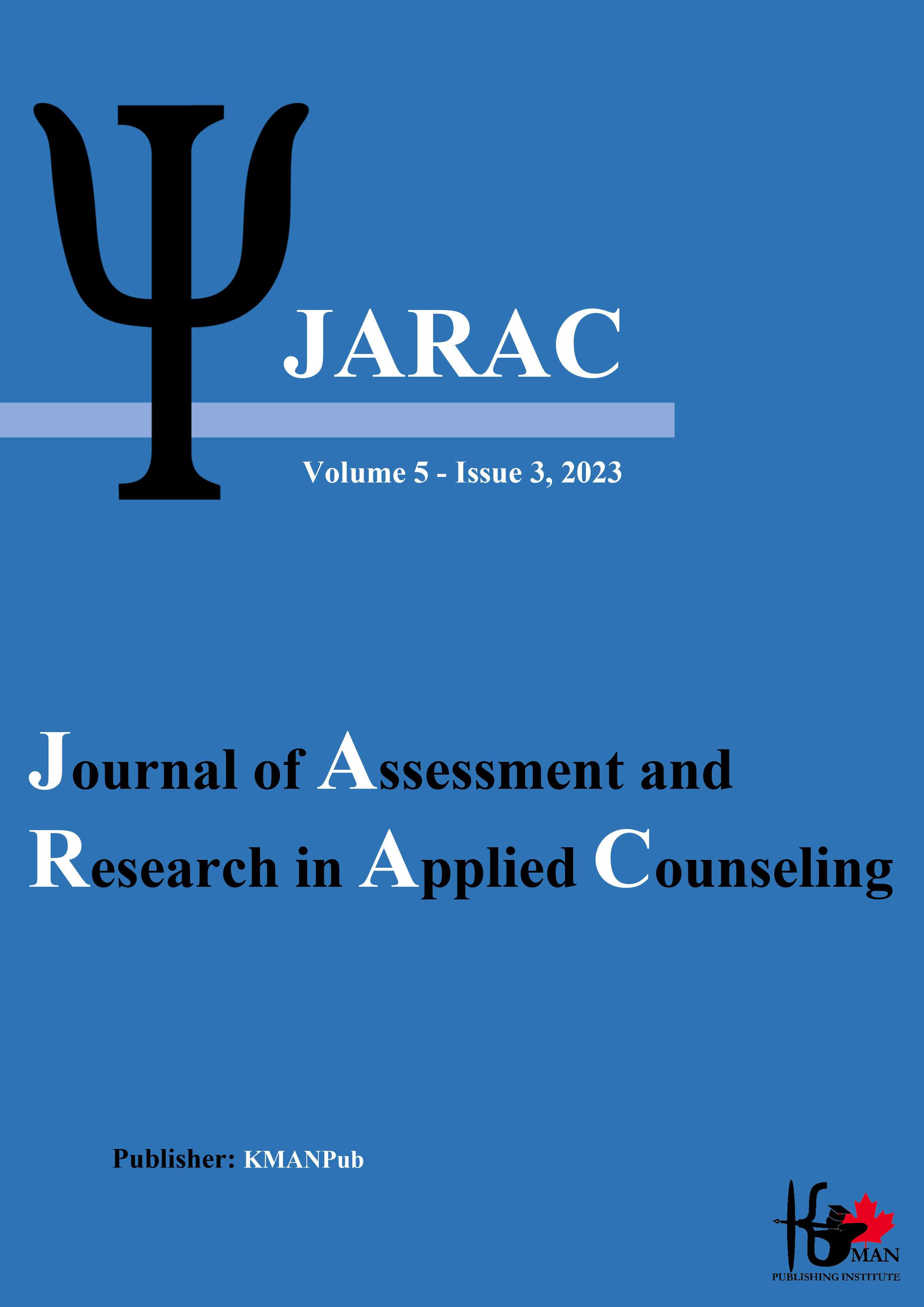The Relationship between Personality and Psychological Well-Being with the Mediation of Positive Affectivity in High School Students
Abstract
Objective: The present study was conducted to investigate the relationship between personality and psychological well-being with the mediation of positive affectivity in high school students.
Methods and Materials: The research method was descriptive-correlational. Data collection tools included the short form of the NEO five-factor inventory, the Ryff psychological well-being scale (1989) and Watson and Tellegen's Affectivity Scale (1985). The statistical population of the current research was all the male and female students of the first secondary level of the 5th district of Tehran in the academic year 2021-22; according to the Morgan sampling table, 370 students were selected as a statistical sample by random sampling and the questionnaires were distributed among the people. Structural equation model (SEM) was used to analyze the data and it was analyzed by SPSS and AMOS software.
Findings: The results showed that there is a positive and significant relationship between all dimensions of personality and mental well-being in secondary school students, but there is a negative and significant relationship between emotional distress and mental well-being. Also, positive affect significantly plays a mediating role in these relationships, so that it has a positive and significant relationship with all dimensions except neuroticism, and it has a significant negative relationship with neuroticism.
Conclusion: Therefore, it is suggested to identify the level of positive emotion and personality of students by conducting standard tests in schools and to improve their psychological well-being.
Downloads
Downloads
Published
Issue
Section
License
Copyright (c) 2023 Amir Ashkan Kashanian, Mahmoud Sheikhpour (Author)

This work is licensed under a Creative Commons Attribution-NonCommercial 4.0 International License.















